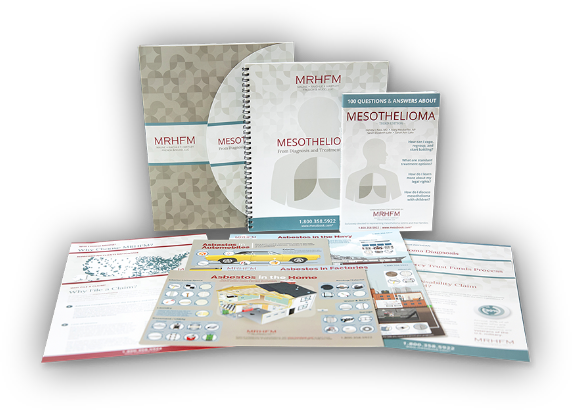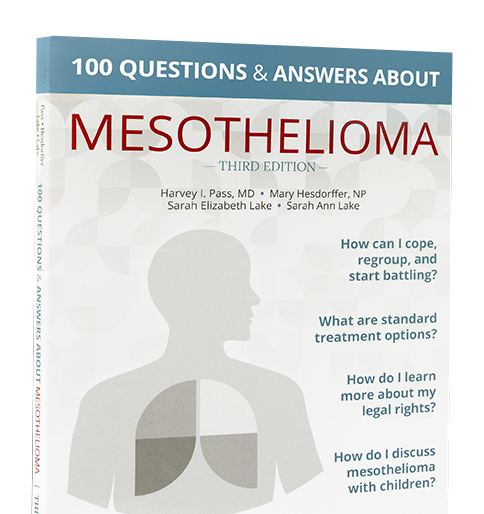In a 6-3 ruling by Justice Brett Kavanaugh, the Supreme Court has ruled that manufacturers have a duty to warn about asbestos exposure if they know their products will require asbestos before being put to use. The decision represents a victory for the victims in a case involving two Navy veterans and five manufacturers.
The two Navy veterans in the case were exposed to asbestos while working on three Navy ships. The manufacturers in the case produced equipment such as pumps, blowers, and turbines for the ships. The equipment required asbestos insulation or asbestos parts in order to function as intended. When used on the ships, the equipment released asbestos fibers into the air.
Both veterans developed cancer from asbestos exposure and, along with their families, sued the equipment manufacturers, claiming they were negligent in failing to warn of the dangers of asbestos. They argued that had the manufacturers provided warnings, workers on the ships presumably could have worn respiratory masks and thereby avoided the danger.
The five manufacturers, including Air and Liquid Systems, CBS, Foster Wheeler, General Electric, and Ingersoll Rand produced some of the equipment that was used on the Navy ships. The companies did not always incorporate the required asbestos insulation or asbestos parts into their products. In these cases, the equipment was delivered in a condition known as “bare-metal.” When necessary, the Navy later added the required asbestos to the equipment.
The companies argued that manufacturers should not be liable for harms caused by later-added third-party parts. This defense is known as the “bare-metal defense.” The high court rejected the defense holding that:
“In the maritime tort context a product manufacturer has a duty to warn when (i) its product requires incorporation of a part, (ii) the manufacturer knows or has reason to know that the integrated product is likely to be dangerous for its intended uses, and (iii) the manufacturer has no reason to believe that the product’s users will realize that danger. The District Court should evaluate the evidence under that rule. Although we do not agree with all of the reasoning of the Third Circuit, we affirm its judgment requiring the District Court to reconsider its prior grants of summary judgment to the defendant manufacturers. It is so ordered.”
Tragically, the two victims in the case died during the course of the ongoing litigation. Besides representing a win for the families of the victims, the decision could also help other Navy veterans who may be dealing with diseases caused by asbestos exposure.
If you have been exposed to asbestos, see your doctor right away. Although there is no cure for mesothelioma, early detection could potentially lead to better treatment options and longer survival. See your doctor to assess your risk today.
Sources
AIR & LIQUID SYSTEMS CORP. ET AL. v. DEVRIES, INDIVIDUALLY AND AS ADMINISTRATRIX OF THE ESTATE OF DEVRIES, DECEASED, ET AL. Supreme Court of the United States, Reporter of the Decisions. March 19, 2019.
Wolf, Richard. "Supreme Court: Navy product manufacturers liable for asbestos exposure in sailors' deaths." USA Today. Gannett Company, 19 Mar. 2019. Web. 13 May. 2019.






